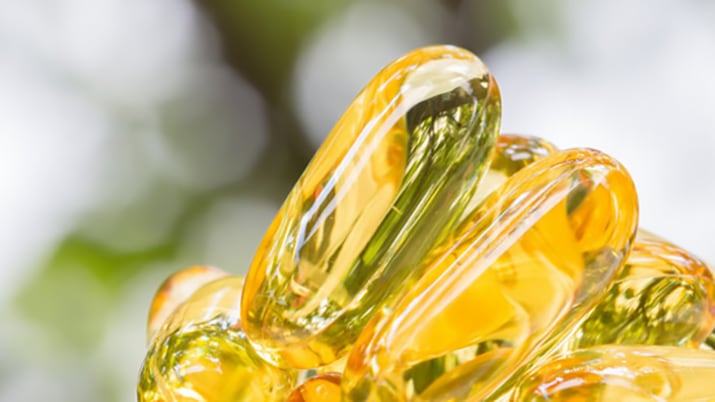Triacylglycerol’s (TAGs) are formed by attaching three molecules of fatty acid to a glycerol backbone. They are the main constituents of vegetable oil in plants and fats in animals and humans.
Writing in Molecular Plant, the Chinese team behind the research notes that the health benefit of TAGs are dependent on which fatty acid comprises the molecule.
For example, they note that linoleic acid (LA) can lower blood cholesterols and has been linked to the prevention of atherosclerosis, while evidence suggests that eicosapentaenoic acid (EPA) is beneficial for hypertension and inflammation.
In new research, a team of researchers led by Professor Xu Jian from the Qingdao Institute of Bioenergy and Bioprocess Technology (QIBEBT) at the Chinese Academy of Sciences, set out to question whether the fatty acid composition of TAGs be customized – to create ‘designer triacylglycerols’ that carry tailored health benefits?
The answer is yes, said the team – following their discovery of two novel enzymes known as diacylglyceryl transferases (DGAT2s), that preferentially attach LA and EPA, respectively, to the glycerol backbone to form TAGs.
The discovery of these novel DGAT enzymes, which selectively assemble LA and EPA into microalgal TAGs, lays the foundation for producing on a large scale designer TAGs, whether present in nature or not, for tailored or even personalised health benefits, commented the team.
Designer fatty acids
By modulating the ratio of these newly identified specialist enzymes within microalgae cells, a strain bank of Nannochloropsis oceanica was created where the proportions of LA and EPA in TAGs varied by 18.7- and 34.7-fold, respectively, said the team.
“These findings lay the foundation for producing designer TAG molecules with tailored health benefits or biofuel applications in industrial microalgae and higher-plant crops,” they concluded.
Source: Molecular Plant
Published online ahead of print, doi: 10.1016/j.molp.2018.12.007
“Biosynthesis of Triacylglycerol Molecules with Tailored PUFA Profile in Industrial Microalgae”
Authors: Yi Xin, et al

